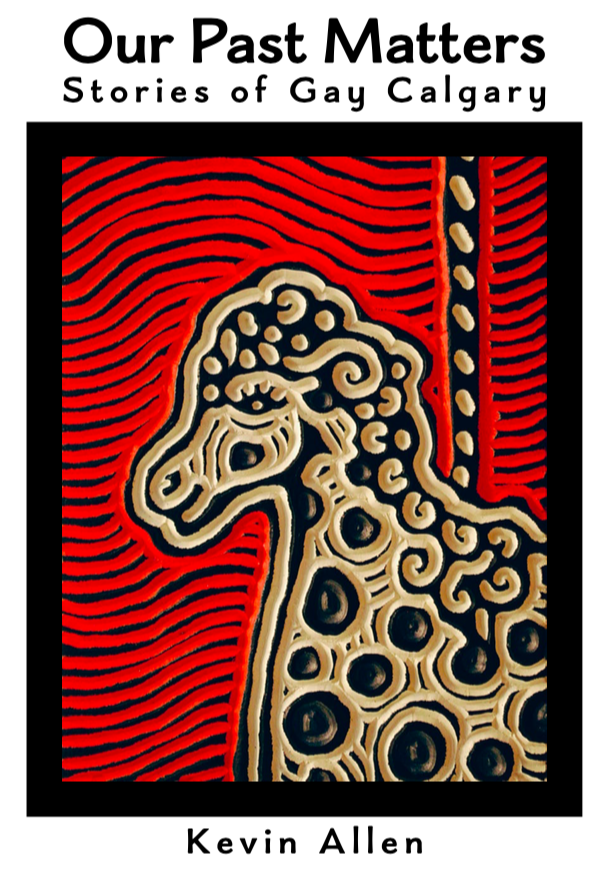If you have noticed the dearth of blog postings this summer, it is due to a preoccupation with the Calgary Gay History book project. I am working on copy edits and finalizing photos for publication! Hooray!
Speaking of books, I read a queer history classic recently, called The Well of Loneliness, published 90 years ago this month (July 1928). Written by the outspoken lesbian, Radclyffe Hall, the book is partly autobiographical. Radclyffe Hall lived scandalously then with Una Troubridge, the estranged wife of an Admiral, in an openly lesbian relationship.

The Well of Loneliness Book Cover
Famously, the book was the target of a negative PR campaign by newspaper editor James Douglas, who famously wrote, “I would rather give a healthy boy or a healthy girl a vial of prussic acid than this novel.” It created such a stir that the book was banned in the U.K and led to an obscenity trial.
Radclyffe Hall’s contemporaries in the Bloomsbury Set, a group of associated English writers, intellectuals, philosophers, and artists – many queers amongst them – defended the book on censorship grounds but thoroughly disliked it as an artwork. Virginia Woolf said it was a: “pale tepid vapid book which lay damp & slab all about the court.” This perturbed Radclyffe Hall who boldly insisted that they defend The Well as a work of significant artistic merit or not defend it at all!
The scandals and trials publicized the work extensively, making it sell like hotcakes internationally. It was actively smuggled and sold contraband (at inflated prices) in the UK.

Radclyffe Hall
I liked The Well and found it a perfect summer read. The narrative is a captivating window on queer culture in 1920s London and Paris and is breathtakingly courageous given its context. I grant that the author’s style takes a chapter or two to get used to, but once in, I found the book fascinating.
Radclyffe Hall had high hopes for this work. She considered it a pioneer novel with three purposes:
To encourage inverts* to face-up to a hostile world in their true colours and this with dignity and courage.
To spur all classes of inverts to make good through hard work, faithful and loyal attachments and sober and useful living.
To bring normal men and women of good will to a fuller and more tolerant understanding of the inverted.
The book has had lasting power and is often included in lists of queer literary classics: Radclyffe Hall’s noble aims ultimately realized.
*Invert was the term Radclyffe Hall used to refer to homosexuals, coined by the physician and human sexuality researcher, Havelock Ellis.
{KA}










